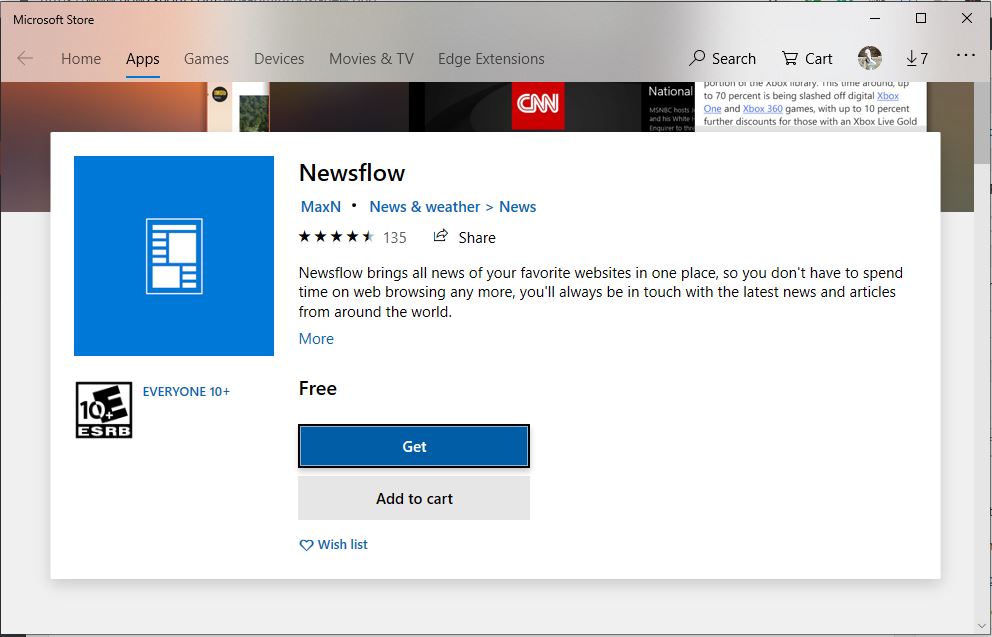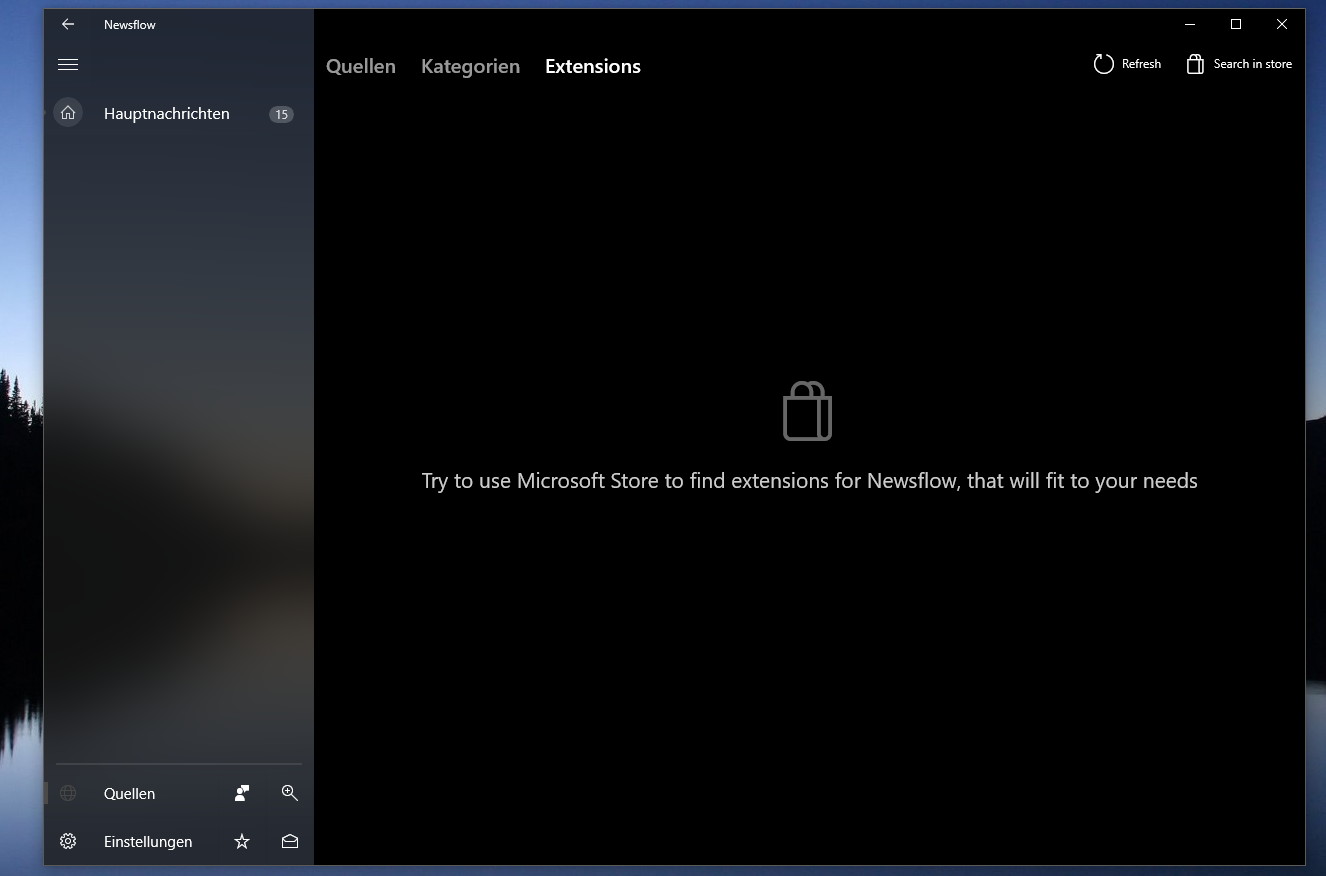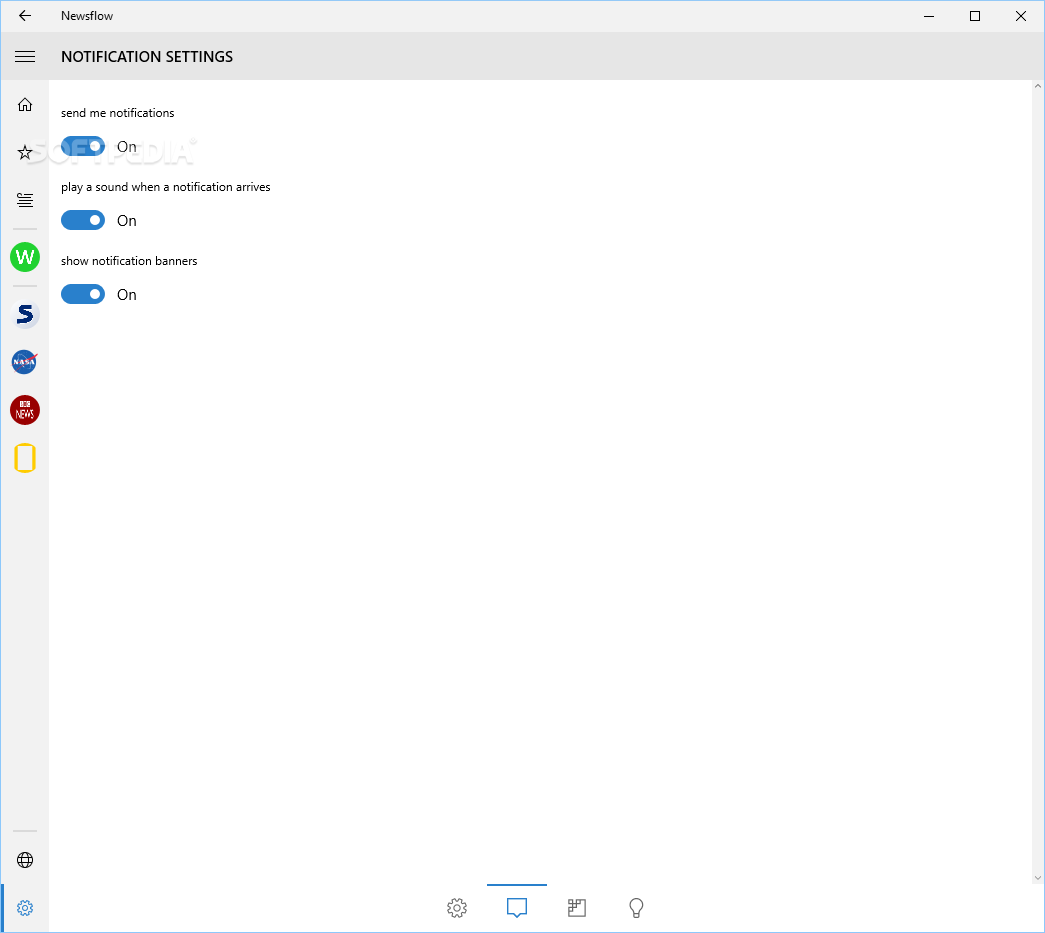
The last two decades witnessed the phenomenal migratory flows of Africans, especially Nigerians, to the West, including the United States, at a proportion outpaced only by the Transatlantic Slave Trade. The analysis fundamentally suggests that, if research within International Communications wants to explain news in the information age, it needs to broaden its horizons and adopt a multidisciplinary perspective that includes both the analysis of national political processes and a deeper understanding of the dynamics of news production in each single media organization. News coverage, instead, appears to be markedly different at the level of the single newspaper and this can be explained through different variables than the international macro-processes addressed by news studies within the field.

The analysis does not suggest a localization of news at a national level either. The findings of the empirical investigation neither support the existence of international news flows, nor the idea that news is becoming homogenised on a global scale.
NEWSFLOW DOWNLOAD FREE
One that may readily come to mind is the UNESCO meetings in 1969 (Sean, Elie, Sergei, & Somavia, 1980), 1974 (Mowlana, 1985), 1976 (Bandopadhyay, 2006) and 1980 (Tokunbo, 2000) consecutively, where the UNESCO group of experts on mass communication and society noted in its disturbing but revealing report that: What has come to be known as the free flow of information at the present time is often in fact a one way rather than a true exchange of information.Īn international comparative study of the elite press framing of 9/11 in the US, Italy, France and Pakistan reveals that there is no empirical backing for the claims of three core strands of research about news exchanges within the field of International Communications. Due to this controversy, on several accounts, developing nations have attempted to engage the western nations through different channels to address the issue of global information inequality. The purported victims which are the developing nations have been raging bitterly over the news coverage of events in their continent and have denounced western newspapers, journals, and television outlets for their alleged sensationalism and anti-development bias (Legum & Cornwell, 1978). Therefore, for the past thirty years, there has been a controversy resulting from accusation and counter accusation of imbalance flow of information from the west to south.

Those that control the information are usually seemed to be the most powerful in our contemporary society.

Information is power and the most critically sought commodity in today’s world.


 0 kommentar(er)
0 kommentar(er)
